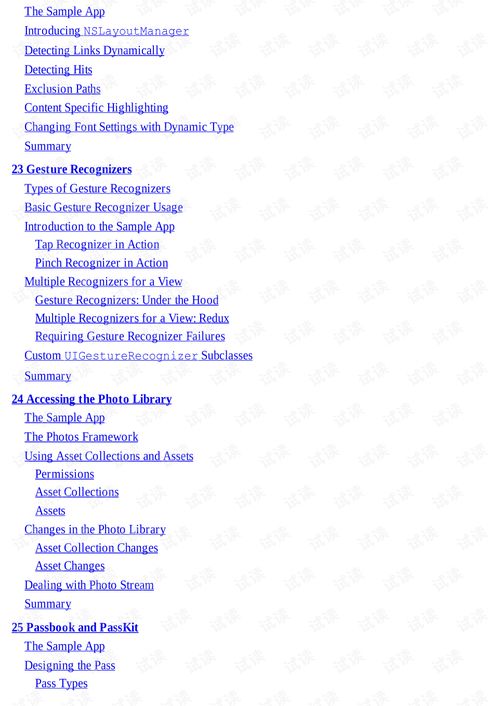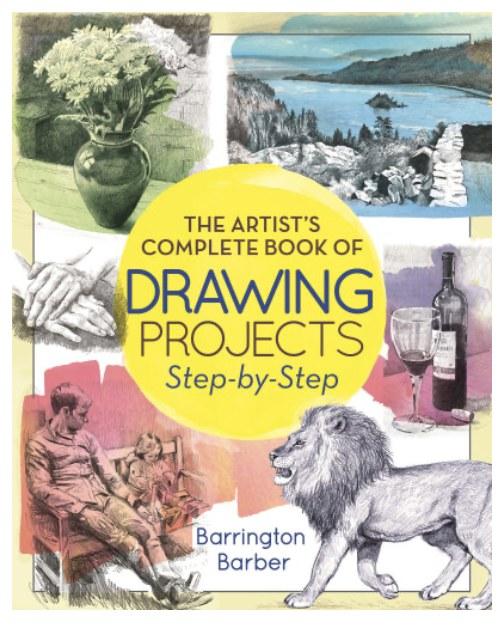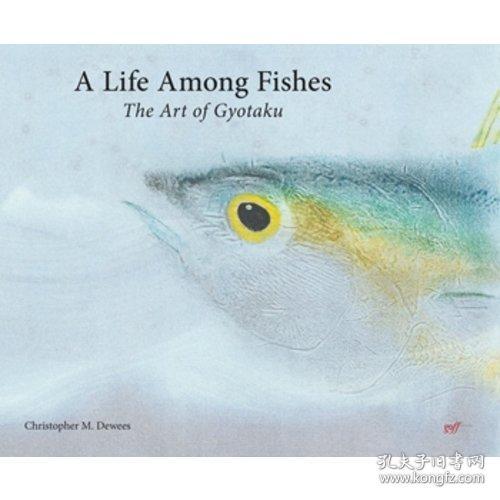Content:
Fishing is an enjoyable and relaxing outdoor activity that can be enjoyed by people of all ages. However, for beginners, the task of learning the art of fishing can seem daunting. With the right guidance and practice, anyone can become a skilled angler. In this article, we will discuss some essential tips and techniques that will help you master the art of fishing as a beginner.
Choose the Right Equipment
The first step in learning how to fish is to choose the right equipment. Here are some essential items you will need:
- A fishing rod and reel: The type of rod and reel you choose will depend on the type of fishing you plan to do. For beginners, a lightweight spinning rod and reel is a good choice.
- Fishing line: The type of line you use will depend on the fish you are targeting. Monofilament line is a popular choice for beginners.
- Hooks: Hooks come in various sizes and shapes, so choose the appropriate size for the fish you are targeting.
- Lures and bait: Lures and bait can be used to attract fish. For beginners, it's best to start with simple lures and natural bait like worms or crickets.
- Tackle box: A tackle box is a container used to store your fishing gear. Make sure it is large enough to hold all your equipment.
Learn the Basics of Casting
Casting is the process of throwing your fishing line into the water. Here are some tips to help you learn the basics of casting:
- Hold the rod with a comfortable grip and position your feet shoulder-width apart.
- Point the rod tip towards the target and begin to wind up the reel.
- Release the line as you bring the rod back towards your body, then follow through with a smooth motion.
- Practice casting in an open area to get a feel for the technique.
Understand Fish Behavior
To be a successful angler, it's important to understand the behavior of the fish you are targeting. Here are some tips to help you learn about fish behavior:
- Research the species of fish you are interested in catching, including their feeding habits, preferred habitats, and migration patterns.
- Pay attention to the weather and water conditions, as these can affect fish behavior.
- Observe the fish in the water and try to determine their mood. If they are actively feeding, it's a good time to fish.
Learn How to Set the Hook
Once you have a fish on the line, it's important to learn how to set the hook properly. Here's how to do it:
- When you feel a tug on the line, don't pull back. Instead, let the fish take the line.
- Once the fish has taken the line, give it a quick, sharp pull to set the hook.
- Keep the rod tip up and reel in the line slowly and steadily.
Practice Patience and Persistence

Fishing is a patient sport, and it's important to be persistent. Here are some tips to help you stay focused and motivated:
- Set aside enough time for your fishing trip. Don't expect to catch fish right away.
- Take breaks to relax and enjoy the scenery. This will help you stay calm and focused.
- Be prepared to try different techniques and locations if you're not having success.
By following these tips and practicing regularly, you'll be well on your way to mastering the art of fishing as a beginner. Remember that fishing is a skill that takes time to develop, so don't get discouraged if you don't catch fish right away. With patience and persistence, you'll eventually become a skilled angler and enjoy the many benefits that fishing has to offer.












